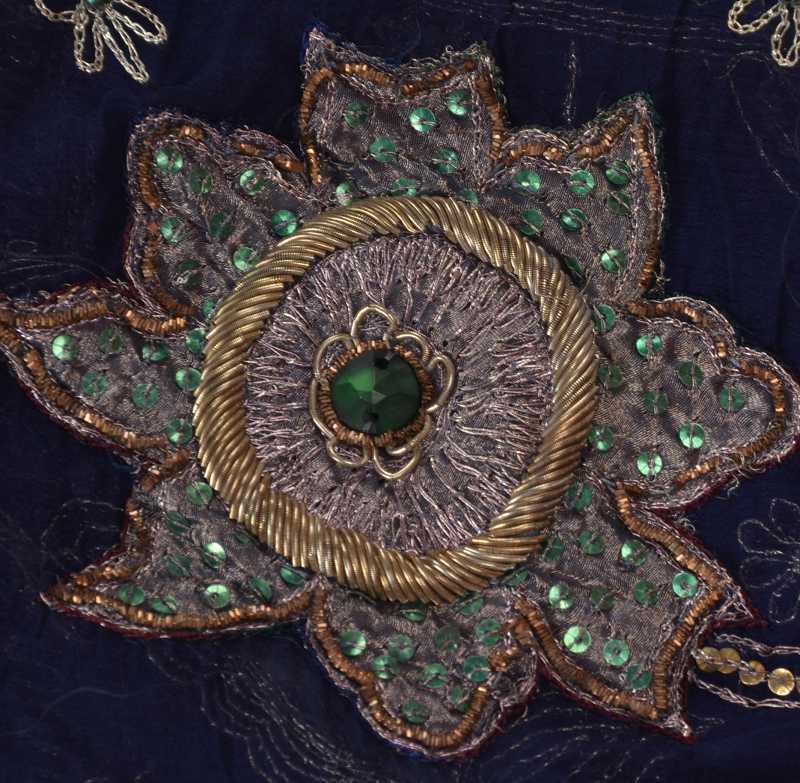===
0296,
1
===

=== |
 |
rāẓī : 'Pleased, well-pleased, content, contented, satisfied, agreed, willing, acquiescent; regarding with good will or favour, liking, approving'. (Platts p.582)
gāh gāh : 'Some time or other, at times, sometimes, now and then; again and again, repeatedly, frequently'. (Platts p.894)
FWP:
SETS
MOTIFS
NAMES
TERMS == MOODHow elegant and effective it is, that the first line doesn't even deign to mention the object of sight. For how, to the monomaniacal lover, could there be any question about who it would be? Or of course, if we don't make such a guess, then the effect is one of suspense, as we wait (under mushairah performance conditions) for the second line to give us more information.
The anticlimactically reversed sequence of 'years and months' (rather than the usual 'months and years') can of course be thought of as shaped by the rhyme scheme, but it also helps to establish the speaker's obsessiveness: he brushes aside the mere units of time, in order to get to the real point: that he will be able to see the beloved 'from time to time' ('now and then'? 'sometimes'?). It's truly a masterpiece of 'mood'.